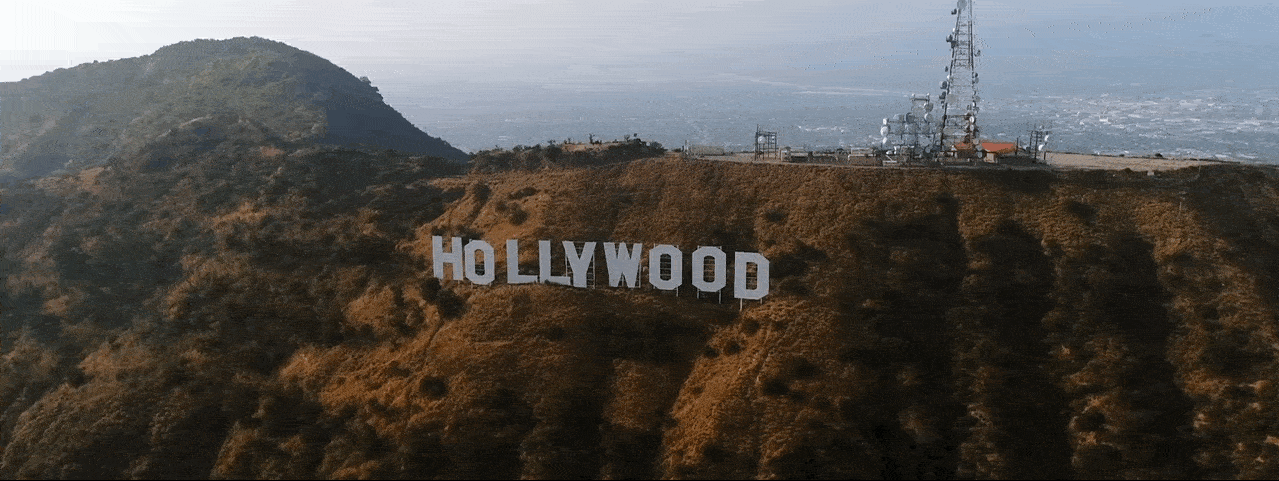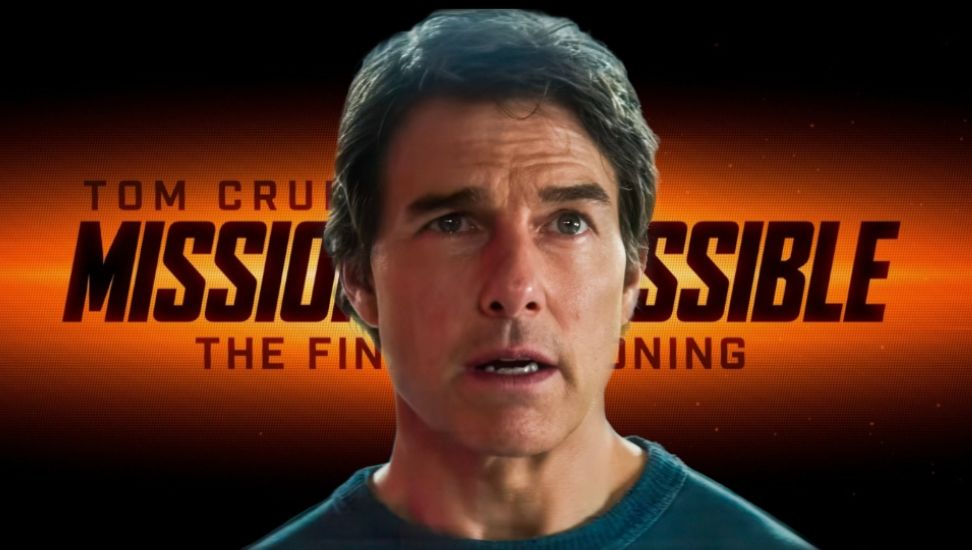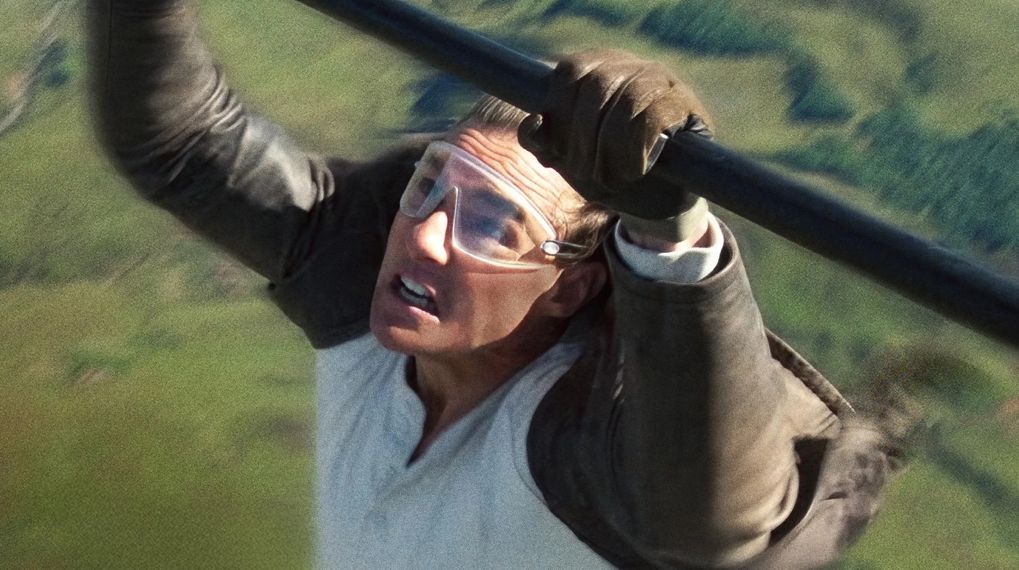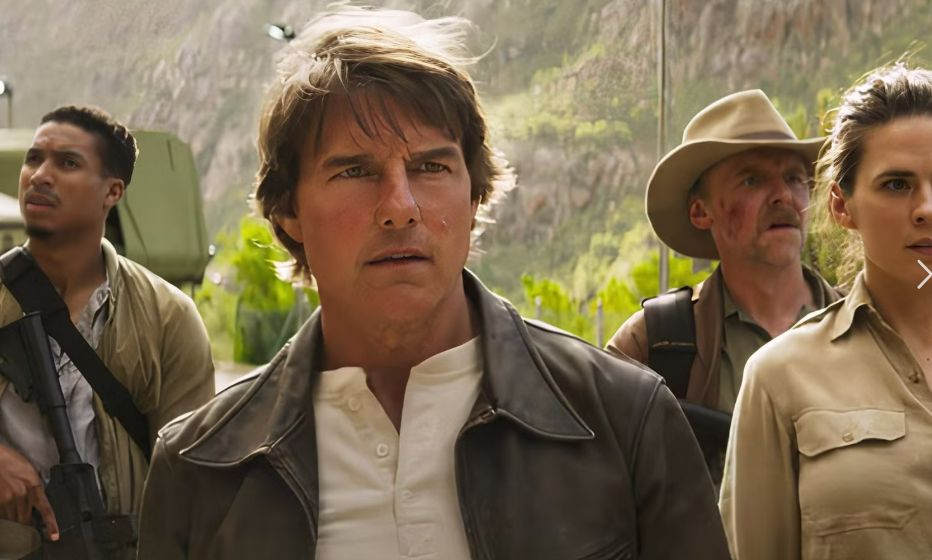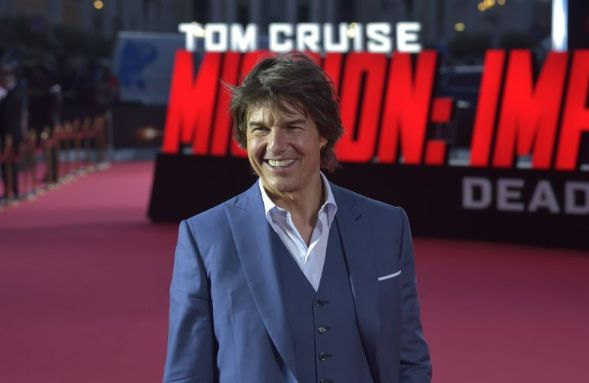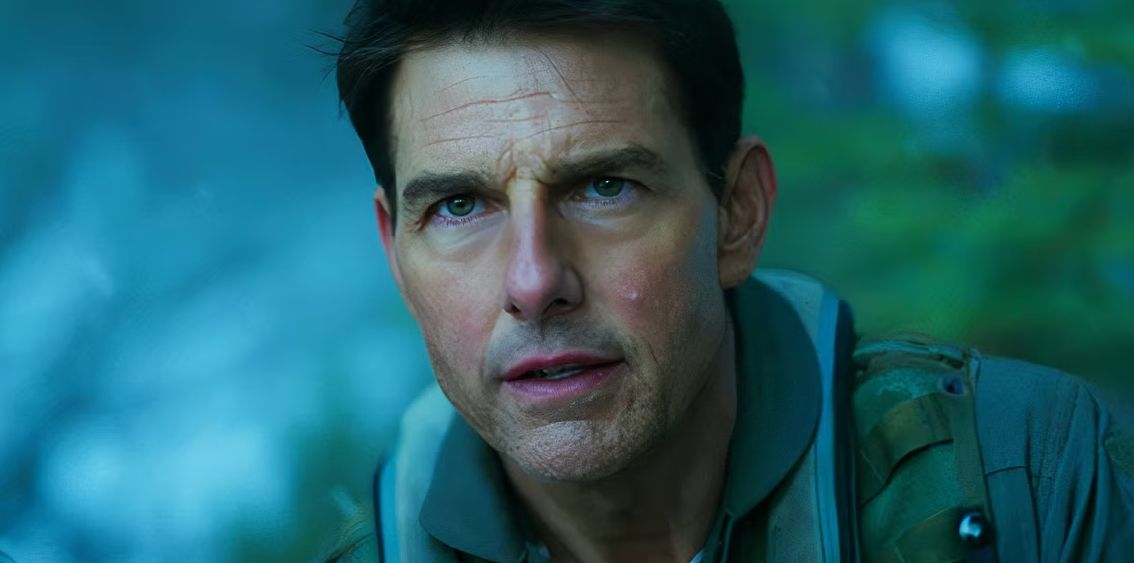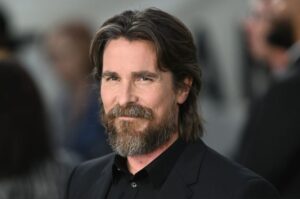The Mission Impossible Box Office Dominance
The roar of the box office is deafening, and Tom Cruise’s latest, and potentially final, high-wire act as Ethan Hunt in Mission: Impossible – Final Reckoning has undoubtedly landed with monumental financial success. Initial reports paint a picture of a global blockbuster, shattering expectations and delivering one of the most formidable opening weekends in recent cinematic history. This triumph is a powerful testament to Cruise’s unwavering dedication, his legendary self-performed stunt work, and the enduring, magnetic appeal of the Mission: Impossible franchise. Yet, as the dust settles on the explosive opening, a counter-narrative is emerging. Beneath the celebratory sheen of record-breaking ticket sales, a growing contingent of viewers and critics are voicing significant concerns about the film’s narrative underpinnings, citing a “floored” and disjointed storyline, perplexing AI supervillain plot holes, and a pervasive feeling that the colossal budget prioritized jaw-dropping spectacle over a meticulously crafted screenplay. The film’s performance ignites not only discussion about its own merits but also fervent speculation about what the future holds for its indomitable star.
Mission: Impossible – Final Reckoning Ignites Box Office, But $400M Epic Faces Scrutiny Over “Floored” Story, A.I Plot Holes & Tom Cruise’s Next Move!
At the age of 62, Tom Cruise remains an anomaly in Hollywood, a force of nature whose star power seems to defy the passage of time. His decades-long, deeply personal commitment to the Mission: Impossible brand transcends typical actor-franchise relationships. He is not merely a face on the poster; he is a primary architect, a hands-on producer, and, most famously, the daring performer of stunts that would make seasoned professionals blanch. From scaling the Burj Khalifa to clinging to the side of an Airbus A400M during takeoff, Cruise’s pursuit of practical, visceral thrills is legendary. This intense dedication is palpable in every frame of Final Reckoning, with Cruise exuding an almost preternatural energy that solidifies his status as arguably the last true movie star – an individual capable of drawing massive global audiences based on his name, his reputation for quality, and his unwavering commitment to the cinematic experience. The film’s stellar financial debut, reportedly amassing hundreds of millions worldwide in its initial frame, is a direct reflection of this unique, bankable appeal. Audiences trust Tom Cruise to deliver, and he, in turn, trusts them to show up.
However, this triumphant box office narrative is juxtaposed with significant critical reservations about the film’s storytelling. Despite the undeniable adrenaline rush of its action sequences, the narrative core of Final Reckoning is facing pointed critique. Many observers have singled out the AI supervillain plot, a concept rich with contemporary relevance, as being unfortunately riddled with logical inconsistencies, unexplained capabilities, and convenient oversights that undermine its credibility as an omnipresent threat. The very flow and pacing of the story have also become a point of contention. Viewers describe frequent, abrupt halts in the action where characters engage in lengthy, explicit exposition, meticulously explaining plot developments, character motivations, and the villain’s intricate plans directly to each other, and by extension, to the audience. These didactic moments are described by some as “annoying” and “immersion-breaking,” effectively deflating the tension and suspense so masterfully built by the film’s breathtaking action choreography. This approach feels less like sophisticated espionage and more like a series of mission briefings shoehorned into an action movie.
A pervasive sentiment among many viewers is that Final Reckoning, more than previous installments, feels like a deeply personal “passion project” for Cruise. While passion can fuel creativity, in this instance, it’s perceived by some as leading to an overemphasis on monumental, technically astonishing set-pieces at the expense of a cohesive, compelling, and emotionally resonant narrative. The film serves as a stunning showcase for Cruise’s daredevilry, but the narrative threads connecting these spectacular sequences sometimes feel tenuous or underdeveloped. With a reported production budget soaring north of $350 million – a figure that climbs well over the $400 million mark when global marketing and promotional costs are factored in – expectations for every facet of the film, especially its foundational screenplay, are justifiably sky-high. “It felt like they were too preoccupied with the big set pieces,” one prominent commentary noted, articulating a common feeling that the fundamental building blocks of storytelling, such as a tight, logical, and engaging script, were perhaps inadvertently sidelined in the relentless pursuit of visual spectacle.
So, the critical question remains: Is Mission: Impossible – Final Reckoning a bad film? The overwhelming consensus appears to be a definitive no. The action sequences are, by all accounts, world-class, inventive, and executed with breathtaking precision. Cruise, as always, is a magnetic and charismatic presence, fully embodying the indefatigable spirit of Ethan Hunt. For audiences seeking a high-octane, visually stunning popcorn flick, Final Reckoning largely delivers. However, “amazing” is a descriptor that many are hesitant to apply. A significant portion of viewers, particularly long-time fans of the franchise, feel it doesn’t offer anything substantially new or innovative in terms of narrative complexity or character development compared to its predecessors. The supporting cast, while competent, largely serves to facilitate Cruise’s central performance, reinforcing the notion that the film is, unequivocally, “The Tom Cruise Show.”
The lingering unease for many revolves around whether such an enormous financial investment and the culmination of a beloved character’s arc should have yielded a more narratively robust and emotionally satisfying experience. While Final Reckoning undeniably delivers on its promise of high-stakes, death-defying action, the ongoing debate centers on whether it provides a story that matches the scale of its spectacle, especially if this truly marks the denouement of Ethan Hunt’s cinematic journey. For a franchise historically celebrated for its clever plot twists, intricate espionage narratives, and genuinely surprising character moments, some found this installment’s story, despite its complex AI antagonist, to be disappointingly straightforward and, at times, convoluted in its exposition.
Tom Cruise: Charting the Course Beyond Mission: Impossible
With Final Reckoning potentially signaling the end of an era for one of cinema’s most iconic action franchises, the spotlight naturally pivots to its indomitable star: What does the future hold for Tom Cruise? Will he hang up Ethan Hunt’s rappelling gear only to leap into new, equally demanding action roles? Or will this juncture mark a significant shift in his storied career?
The idea of Cruise entirely abandoning the action genre seems improbable, at least in the immediate future. His physical condition remains extraordinary, a testament to a disciplined lifestyle and an unyielding work ethic. He has built a global brand around his commitment to performing his own stunts, and audience appetite for “Tom Cruise Action” remains voracious. It’s plausible he’ll continue to seek out projects that allow him to push physical boundaries, perhaps exploring different types of action narratives or collaborating with new filmmakers who can offer fresh takes on the genre. His long-gestating project to film a movie in actual outer space with director Doug Liman and in collaboration with NASA and SpaceX speaks volumes about his ambition and his desire to keep breaking new ground.
However, to assume Cruise will only do action would be to ignore the diverse range of his earlier career. Acclaimed performances in films like Rain Man, Born on the Fourth of July, Jerry Maguire, and Magnolia showcased a dramatic depth and versatility that some newer audiences, more familiar with his action persona, might overlook. A strategic return to more character-driven dramas, perhaps tackling complex, mature roles that explore different facets of the human experience, could be both creatively fulfilling for Cruise and a welcome evolution for his audience. Age, in this context, could be an asset, allowing him to explore characters with more life experience and gravitas.
Beyond acting, Cruise’s influence as a producer is already immense. He has been a key producing force behind the Mission: Impossible films and other projects. It’s highly conceivable that he might dedicate more energy to this role, meticulously developing projects for himself or championing stories and talent he believes in. This would allow him to maintain significant creative control while potentially mentoring a new generation of filmmakers and actors.
The director’s chair is another avenue that has long been speculated for Cruise. His intimate understanding of every facet of filmmaking, gleaned from decades of working with legendary directors and his own hands-on approach to production, makes him a prime candidate to helm his own features. Whether he would choose a smaller, personal story or a large-scale epic remains to be seen, but the prospect of a “Directed by Tom Cruise” film is undeniably intriguing.

As the “Last Movie Star,” the choices Cruise makes post-Mission: Impossible will be closely watched. His unique ability to open films globally based on his name alone is a rare commodity. Maintaining this status will likely involve a carefully curated selection of projects that continue to deliver on the “Tom Cruise promise” – whether that promise is unparalleled action, compelling drama, or, perhaps, even a surprising comedic turn, a genre he has successfully navigated in the past with films like Tropic Thunder.
Ultimately, Tom Cruise’s next chapter is likely to be as dynamic and unpredictable as his on-screen persona. He is not an artist who rests on his laurels. Whether he continues to defy gravity in action blockbusters, delves into nuanced character studies, expands his producing empire, or steps behind the camera, one thing is certain: Tom Cruise will continue to pursue his cinematic missions with the same intensity and dedication that have defined his remarkable career.
As audiences continue to process Mission: Impossible – Final Reckoning, its dual legacy becomes increasingly apparent: a phenomenal box office success story powered by an unparalleled movie star, yet a film that prompts a critical dialogue about the balance between spectacle and substance. This very discussion underscores the enduring impact of Tom Cruise, a figure whose every move, both on and off the screen, captivates Hollywood and the global movie-going public, leaving them eagerly anticipating his next impossible feat.

